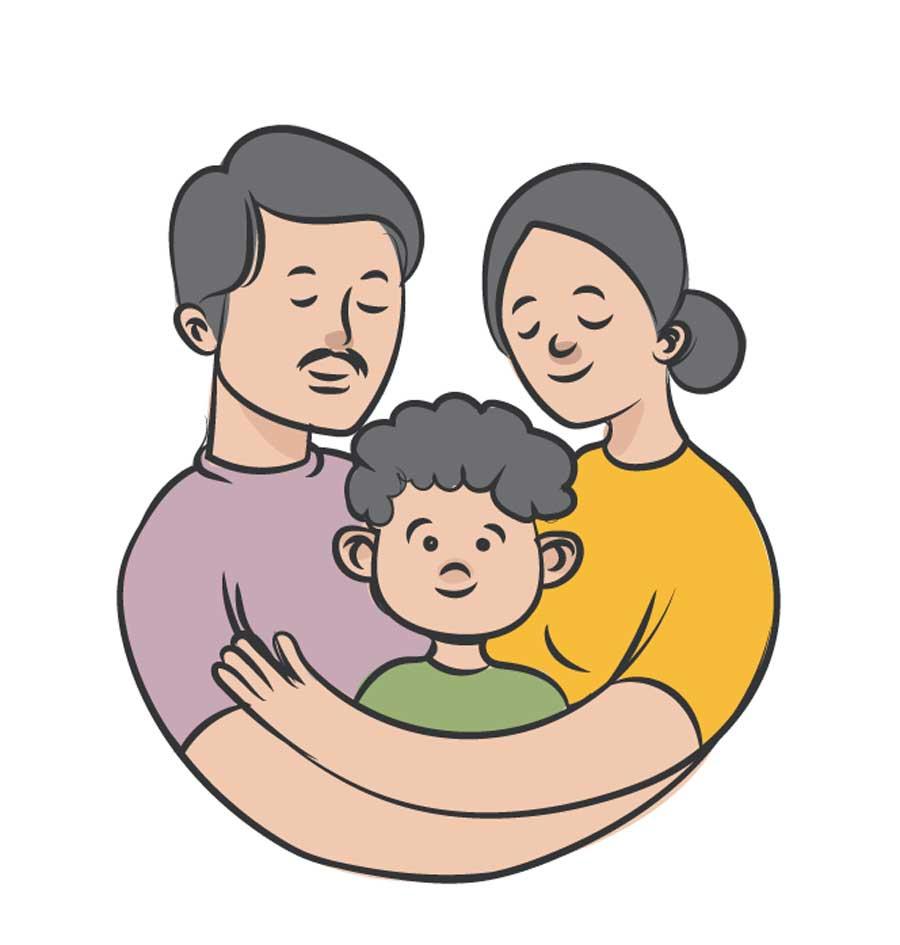Reply To:
Name - Reply Comment

On May 25, most countries in the world celebrate Mother’s Day, while on June 16 we celebrated Father’s Day. The origin of both Mother’s Day and Father’s Day are concepts that began in the West. Today however the days are celebrated worldwide. For instance ‘Mother’s Day’ was created in the 1900s by Ann Reeves Jarvis’s daughter, Anna Jarvis.
Following the death of her mother in 1905, Anna sought to formalise a day honouring the sacrifices that mothers had made for their children. She initiated a letter-writing campaign to newspapers and prominent politicians to urge them to adopt and promote a special day honouring motherhood. By 1912 many states, towns and churches had adopted the celebration as an annual holiday.
Credit for originating the Father’s Day holiday goes to Sonora Smart Dodd, whose father, a civil war veteran, raised her and her five siblings after their mother died in childbirth. It became a national holiday in 1972, when Prez Richard Nixon signed legislation designating the third Sunday of June as Father’s Day.
The celebrations of both Mother’s and Father’s Day was therefore something which grew out of popular people’s movements in the West. In our country, both Mother’s Day and Father’s Day celebrations were popularised in the aftermath of the opening up of the economy in 1977. Neither of these days grew out of a people’s felt need for marking or carving out a special day for the occasion.
In our own milieu fathers, mothers and elders are honoured by the children via paying obeisance -usually touching his/her face to the ground.
The special day set apart for fathers and mothers in our part of the world has unfortunately become commercialised and promoted merely as a means for popularising particular goods and services rather than out of respect for either the male or female parent.
Additionally, the breakdown of the extended family system has left many of our elders without bed or abode. A study by Piyumi Fonseka, quoting the National Secretariat for Elders -the government body that implements welfare programmes for elder citizens- claims a temporary allowance is paid to 650,000 people every month.
A study by Wikipedia puts the number of elderly homeless in our country at 800,000 and the situation is worsening. The average wage in Sri Lanka varies significantly depending on the industry, occupation, and geographical region.
Statistics show the average monthly wage in the formal sector varies between Rs. 45,000- to Rs. 60,000 a month. However, in the nonformal sector, wages are computed daily and are much lower. For instance, while the government has ruled the daily wage of a tea estate worker should be Rs. 1,700, workers in several estates claim they have not received this enhanced payment.
Yet, the cost of having three basic meals a day, for a family of four, costs around Rs. 150,000 per month. This is causing immense difficulties for the old and retired -persons who do not enjoy the benefits of pension schemes. In our country pensions are paid only to state sector employees.
Those in the nonformal sector (daily wage earners) have no support system. They are heavily dependent on help from their sons and daughters to help them in their old age.
In today’s context -especially in the aftermath of the economic meltdown- with sons and daughters unable to provide three meals for their children, families can no longer afford to look after their retired fathers and mothers. Yet, World Bank studies show that 12.3% of the population in our country is aged 60 or older.
Our government needs to turn our economy around. Otherwise our tradition of paying obeisance to our parents and elders will soon become a mere tradition sans meaning. If this does not happen, those who gave the best years of their life working for our country could soon be abandoned -thrown out of houses and homes.